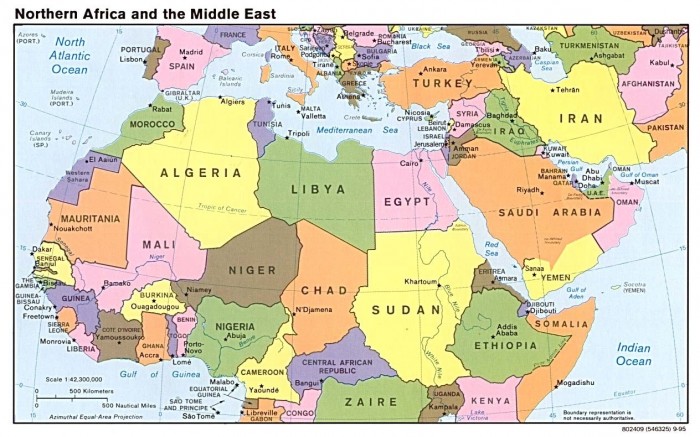Etiquette In Africa
This page has some issues
Ignorance about African cultures can lead to accidental breaches of etiquette. Africa is a continent whose diverse population includes many Muslims and Oriental Christians.
As expectations regarding good manners differ from person to person and vary according to each situation, no treatise on the rules of etiquette nor any list of faux pas can ever be complete. As the perception of behaviors and actions vary, intercultural competence is essential. However, a lack of knowledge about customs and expectations within African cultures can make even the best intentioned person seem rude, selfish, or worse.
Generalizations
Although Africa represents an enormous expanse of geography with an incalculable amount of cultures and customs, noting the following points of etiquette can be useful when dealing with people around the world who have been raised according to African traditions:
Religion
A number of countries in Africa have many traditions based in Islam and share values with other parts of the Muslim world. As such, guidelines regarding etiquette in the Middle East are often applicable to these places.
This holds especially true in Muslim majority countries which include many of the West African nations such as Senegal, Chad and Mali. Even though most people would consider themselves as Muslim, many mix it with local animism.
Many, whatever their religious adherence, to some extent believe in supernatural forces and that certain people, primarily doctors, herbalists, diviners, or marabouts (religious figures) have the power to utilise these forces. It is common to see people wearing amulets (called “gris-gris”) around their waist, neck, arms, or legs.
Some of the People consult with diviners or marabouts to protect themselves against evil spirits, to improve their financial status or bring them love, to cure chronic illnesses, to settle disputes, or to place a curse on another person.[1]


















